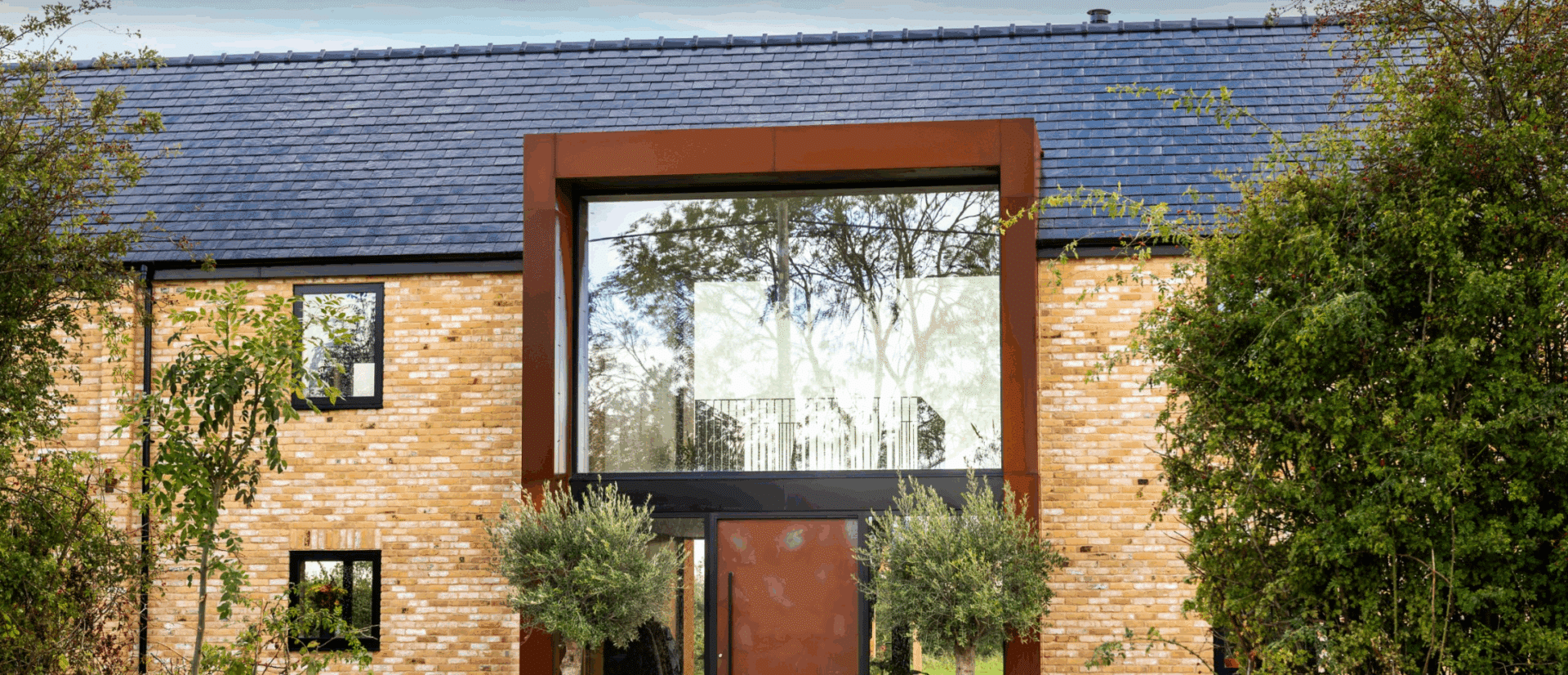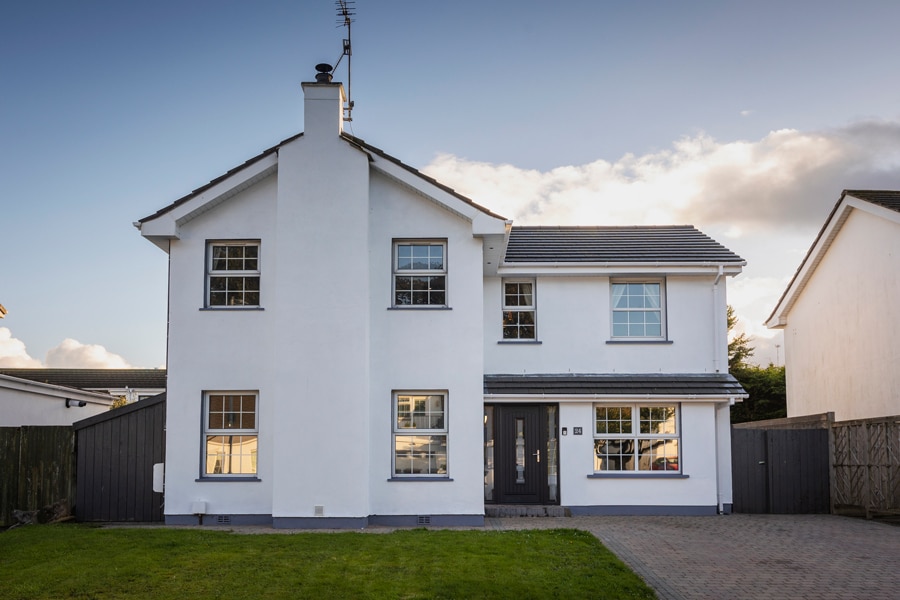What if you or your neighbours disagree with a planning decision made by planners in your local authority; can you lodge a planning appeal?
In this article we cover:
- How to deal with a refusal of planning permission
- Difference between first, second, and third party
- First party appeals
- The grounds on which to appeal
- Third party right of appeal
- Appealing the appeal
If your new home or extension is refused planning permission, though you may disagree with the decision, it is often best to revise the project to address the refusal reasons. If this option
has been exhausted, or you don’t want to make revisions to your project to try to convince local planners, then you can make an appeal. This is known as a first party appeal.
Know that if the site had outline permission for a dwelling, on the basis of which you would have applied for full consent or ‘Reserved Matters’, and you are not entirely happy with the full consent/permission, unfortunately it is not possible to appeal against any aspects of the decision which were previously dealt with at outline stage.
All appeals are brought to the appeals body, the Planning Appeals Commission (referred to as PAC or the Commission).
Whose party is it?
A ‘first party’ is the proposer of the planning application, the ‘second party’ is the planning authority, and the ‘third party’ is an individual or community that objects to the application.
First party appeals
Applications must be lodged within four months of the date of receipt of the planning authority’s decision (date of receipt of the decision). There are two types of appeal procedures, each with two variations: written representation with an unaccompanied or accompanied site visit, and an informal or formal hearing. Both the planning authority and you as appellant are asked which you would prefer; if one party wishes to have a hearing, the Commission will generally facilitate that route but reserves the right to decide whether it’s formal or informal.
An informal one is better if the issues are relatively straightforward as it can be a more effective and efficient method of gathering information in a less intimidating atmosphere. PAC may also unilaterally decide a hearing is necessary. In most cases it’s generally sufficient to have a written representation, which is the quickest route (in 2016/2017 an average of 20 weeks as compared to 29 weeks for a hearing). The submission of advanced written evidence within specified time limits is required for each procedure.
Check the PAC website for the full checklist which will include a list of documents and relevant maps. The fee is £126 and must be paid within 14 days of the application. You can apply online or post in your application. The case will be evaluated by a Commissioner and may be ruled upon by him/her or by the Commission which will issue a collective decision.
The grounds on which to appeal
The written submission should only include relevant planning points (nonplanning points will be dismissed). The limit is 1,500 words.
There will be an opportunity to respond to the Council’s submission, and if a hearing is involved then some discussion and elaboration will be permitted, although the extent of this will always be at the discretion of the Commissioner. It is important that you address each reason for refusal (or condition under dispute). You need to say why you think the reasons for refusal aren’t justified or why the conditions are not needed. The report of the local planner can explain the basis for decisions and that basis can be questioned. You should examine any policy documents which the planning authority has referred to, as well as any other planning guidance which you think helps build your case.
If there have been any objectors, deal with each issue raised which has not been covered in your response to the planning authorities’ comments. Rather than enter a tit-for-tat argument, rely on planning grounds and quote from relevant policy guidance for your locale.
The appeal will be determined by the Board as though the planning application was submitted to it in the first instance. Appeals are determined on the basis of the proper planning and sustainable development of the area as well as the effects your planned house would have on the environment. Other material considerations include local development plans, Ministerial and regional planning guidelines.
Appealing the appeal
The only way to overturn the appeal authority’s decision is to challenge it on a point of law. In other words the courts will not adjudicate on the merits of a proposed development from the perspectives of the proper planning and sustainable development of the area and/or effects on the environment, but instead will only deal with ensuring that the decision was made
following procedure and in accordance with the law.
You can make a formal complaint to PAC and apply to the High Court for a judicial review within three months of the decision.











